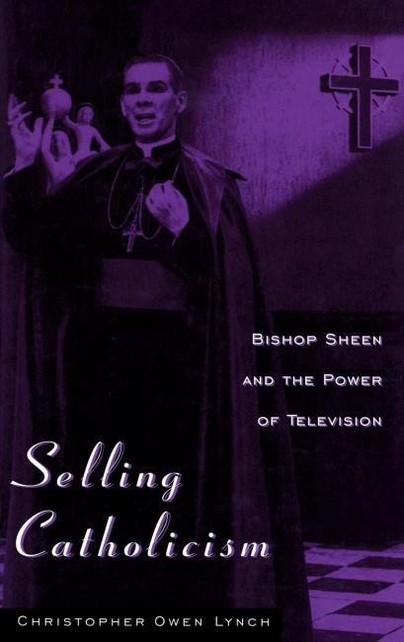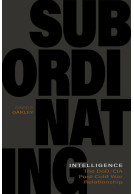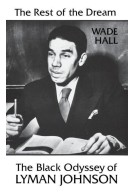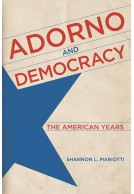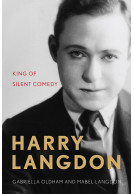Google Books previews are unavailable because you have chosen to turn off third party cookies for enhanced content. Visit our cookies page to review your cookie settings.
Selling Catholicism (Hardback)
Bishop Sheen and the Power of Television
Imprint: University Press of Kentucky
Pages: 216
Illustrations: illus
ISBN: 9780813120676
Published: 17th September 1998
Script Academic & Professional
Pages: 216
Illustrations: illus
ISBN: 9780813120676
Published: 17th September 1998
Script Academic & Professional
Please note this book may be printed for your order so despatch times may be slightly longer than usual.
You'll be £27.00 closer to your next £10.00 credit when you purchase Selling Catholicism. What's this?
+£4.99 UK Delivery or free UK delivery if order is over £40
(click here for international delivery rates)
Order within the next 4 hours, 30 minutes to get your order processed the next working day!
Need a currency converter? Check XE.com for live rates
(click here for international delivery rates)
Order within the next 4 hours, 30 minutes to get your order processed the next working day!
Need a currency converter? Check XE.com for live rates
When the popularity of Milton Berle's television show began to slip, Berle quipped, "At least I'm losing my ratings to God!" He was referring to the popularity of "Life Is Worth Living" and its host, Bishop Fulton J. Sheen. The show aired from 1952 to 1957, and Sheen won an Emmy, beating competition that included Lucille Ball, Jimmy Durante, and Edward R. Murrow.
What was the secret to Sheen's on-air success? Christopher Lynch examines how he reached a diverse audience by using television to synthesize traditional American Protestantism with a reassuring vision of Catholicism as patriotic and traditional. Sheen provided his viewers with a sense of stability by sentimentalizing the medieval world and holding it out as a model for contemporary society. Offering clear-cut moral direction in order to eliminate the anxiety of cultural change, he discussed topics ranging from the role of women to the perils of Communism.
Sheen's rhetoric united both Protestant and Catholic audiences, reflecting--and forming--a vision of mainstream, postwar America. Lynch argues that Sheen's persuasive television presentations helped Catholics gain social acceptance and paved the way for religious ecumenism in America. Yet, Sheen's work also sowed the seeds for the crisis of competing ideologies in the modern American Catholic Church.
Other titles in University Press of Kentucky...







